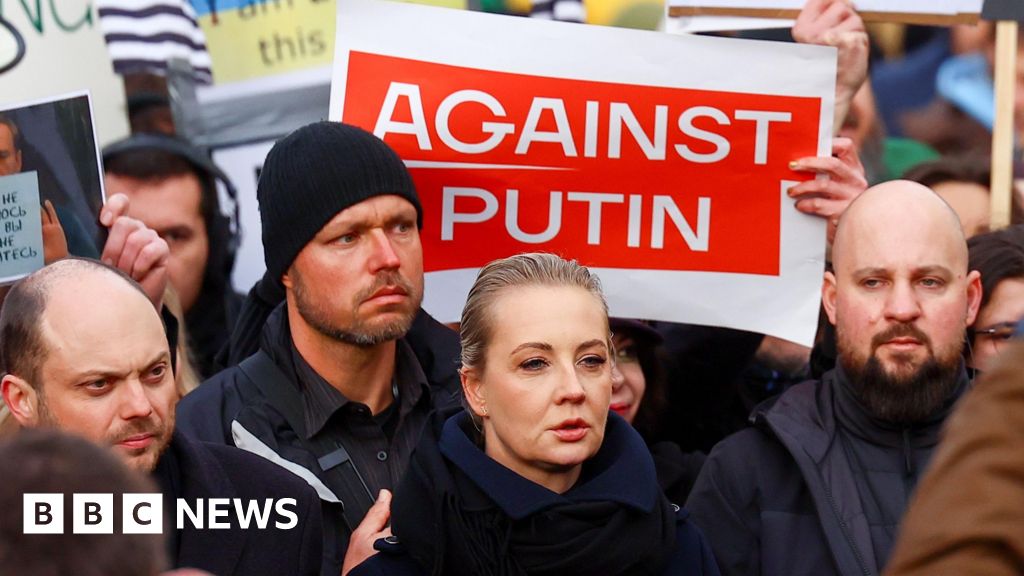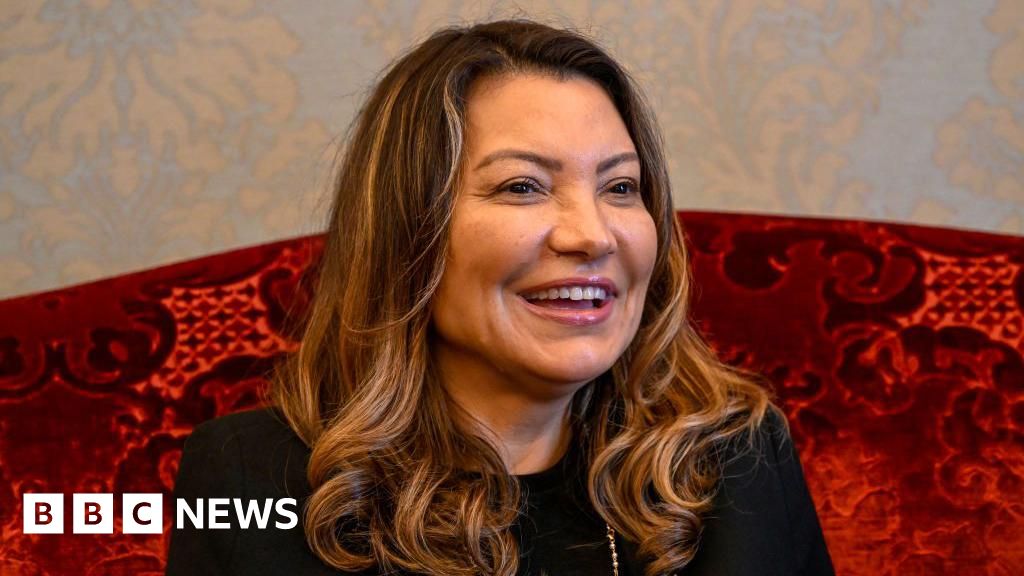ARTICLE AD BOX
By Annabelle Liang
Business reporter
Image source, Getty Images
Image caption,Shopping at a supermarket in Moscow
The cost of living in Russia is surging, according to new data, following the country's invasion of Ukraine.
Official figures show the price of some household staples - such as sugar - have jumped by as much as 14% over the past week.
Inflation is set to keep rising in Russia where the rouble has weakened since the Ukraine assault was launched.
The value of the currency has dropped by 22% this year.
On Wednesday, Russia's economic ministry said annual inflation had jumped 14.5% in the week ending 18 March - the highest level since late 2015.
The Federal State Statistics Service said the cost of sugar rose by as much as 37.1% in certain regions of the country and increased by an average 14%.
Sugar, which is commonly used to preserve food or make liquor, was the biggest gainer in the week, the government agency found.
Prices for onions was the second biggest riser over the week, up 13.7% nationwide and 40.4% in some areas. Meanwhile, nappies grew 4.4% more expensive. Prices for black tea rose 4% and toilet paper increased by 3%.
Stephen Innes, managing partner at SPI Asset Management, said prices were higher because of the weaker rouble.
"The biggest culprit is imported inflation," Mr Innes told the BBC. "Anything Russia imports is exponentially (pricier) due to the weaker rouble."
Image source, Getty Images
Image caption,Prices of sugar have jumped 14% in Russia
The UK, along with the US and the European Union, have cut off a number Russian banks from financial markets in the West.
They have also prohibited dealings with Russia's central bank, state-owned investment funds and the finance ministry.
The Bank of Russia more than doubled its interest rate to 20% in March, in a bid to stop its currency from sliding further.
A large number of Western businesses have pulled out of Russia because of the war in Ukraine. Others, such as the Swiss food giant Nestle, have withdrawn major brands such as KitKat and Nesquik.
Videos on social media show shoppers scrambling to buy sugar and buckwheat at supermarkets in Moscow.
Deputy prime minister Viktoria Abramchenko has told citizens the country is "fully self-sufficient when it comes to sugar and buckwheat".
"There is no need to panic buy these goods. There is enough for everybody," she said.
Russia has hit back at international sanctions, and threatened to seize the assets of businesses which have stopped operating in the country.
On Wednesday, Russian President Vladimir Putin announced that the country would start selling natural gas to "unfriendly" countries in roubles. It is understood the move is aimed at supporting the currency.
The EU relies on Russia for 40% of its gas. However, many existing contracts are agreed upon in euros and it is unclear if Russia can change them.
Mr Putin's announcement drove the rouble to a three-week high. It later closed at 97.7 against the dollar.
You may also be interested in:
Increasing fuel and energy costs making life more difficult for some islanders

 2 years ago
20
2 years ago
20








 English (US)
English (US)